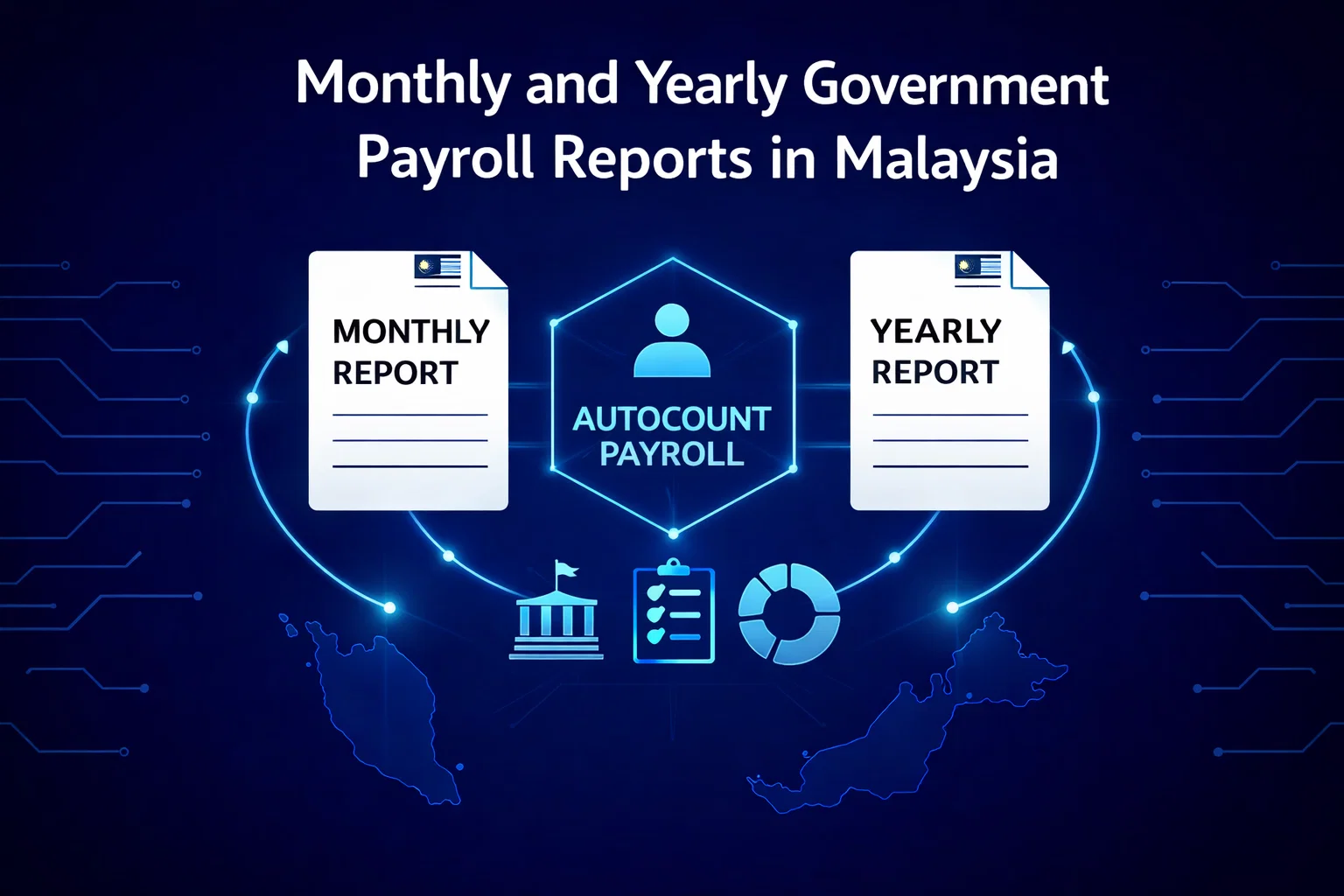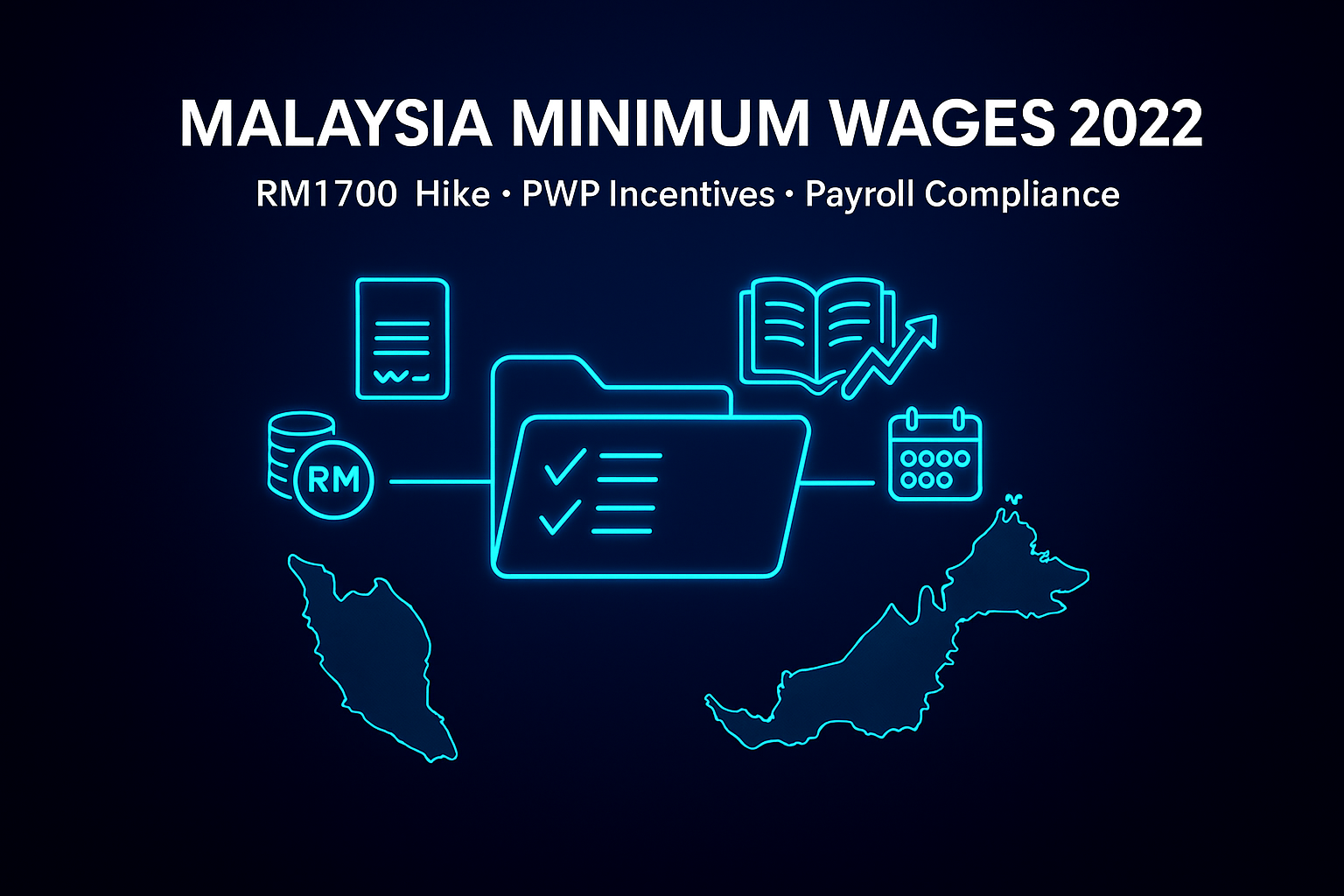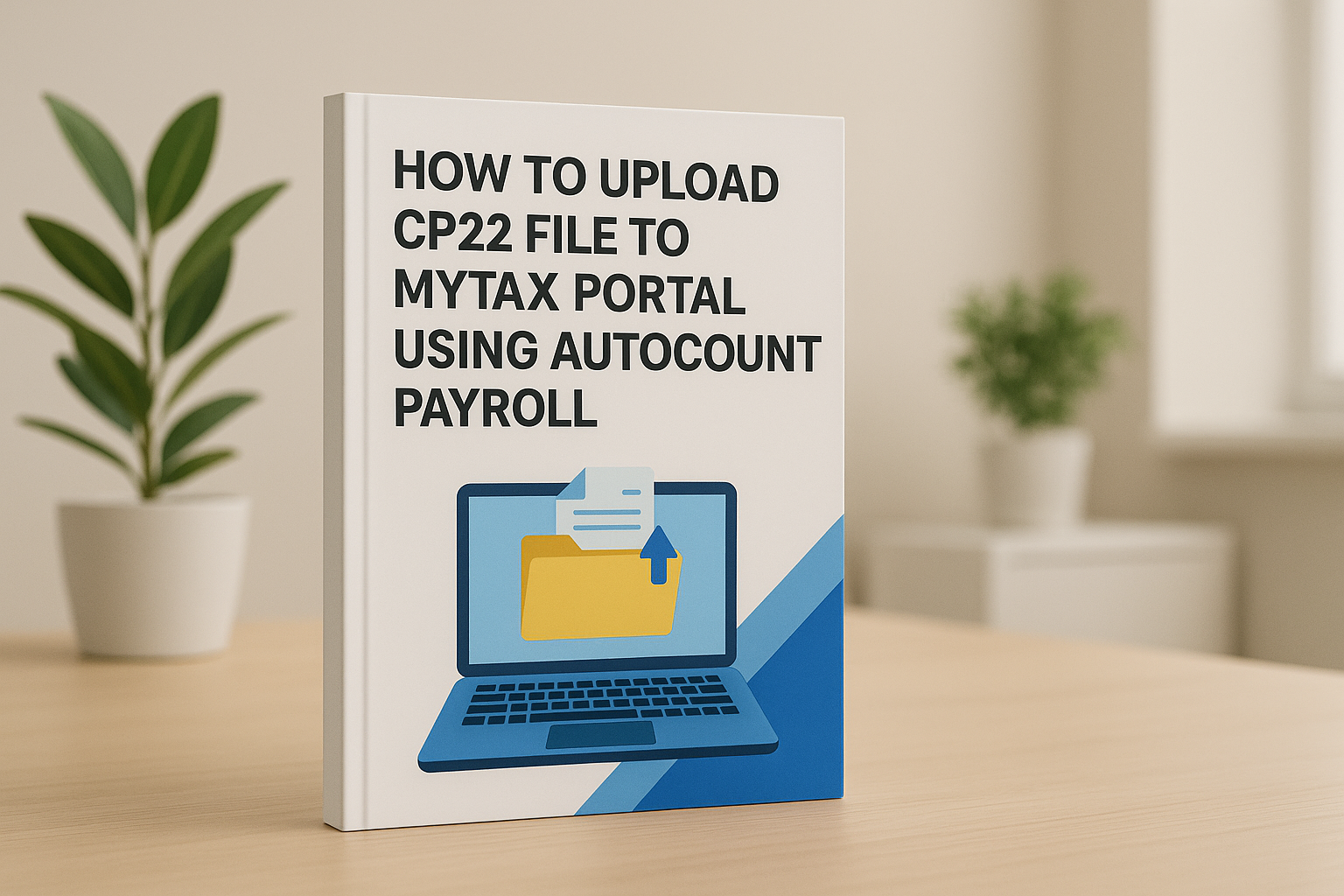Monthly and Yearly Government Payroll Reports in Malaysia
Navigate Malaysia’s payroll reporting system with confidence. Complete guide to EPF, SOCSO, LHDN, HRD Corp submissions and compliance tips for employers.

Introduction to Malaysian Payroll Reporting Requirements
Navigating Malaysia’s payroll reporting system can feel daunting, especially with frequent regulatory updates. Employers are legally required to submit a range of monthly and yearly reports to different authorities such as the Employees Provident Fund (EPF), Social Security Organisation (SOCSO), Employment Insurance System (EIS), Inland Revenue Board (LHDN), and HRD Corp. Maintaining compliance ensures the company’s financial health and shields it from fines or legal action. Let’s walk through all the essential payroll reports you must submit in Malaysia for 2025!
1. Monthly Payroll Reports
Employers in Malaysia must submit several reports and make statutory contributions on a monthly basis:
- EPF (KWSP) Contributions
Employers must deduct and contribute EPF for employees based on the statutory percentage.
- SOCSO (PERKESO) Contributions
Covers employment injury and invalidity schemes for workers.
- EIS (Employment Insurance System)
Aims to provide financial assistance to employees who lose their jobs. Submission is made together with SOCSO.
- Monthly Tax Deduction (MTD/PCB) to LHDN
Employers must deduct monthly income tax from employees’ salaries and remit it to LHDN.
- HRD Corp Levy (if applicable)
Employers in certain industries must contribute 1% of employees’ monthly wages for training and development.
2. Yearly Payroll Reports
In addition to monthly reports, employers must also prepare and submit yearly reports:


Yearly reports consolidate all monthly submissions and require additional declarations to the respective authorities. These reports are typically due in the first quarter of the following year and must be accurately prepared to avoid penalties.
3. Non-Routine Payroll Reports
These reports are required under special employment circumstances:
CP22
Notification to LHDN of a new employee (must be submitted within 30 days of commencement).
CP22A/CP22B
Notification of cessation of employment or retirement (must be submitted at least 30 days before cessation).
CP21
Notification of employee leaving Malaysia (must be submitted 30 days before departure).
4. TP Forms for MTD (Monthly Tax Deduction) Adjustments
Employees can submit TP forms to their employers to adjust monthly tax deductions:
TP1
For reliefs and rebates such as spouse, children, and parents.
TP2
For additional deductions like life insurance, EPF, and education fees.
TP3
For previous years’ accumulated reliefs (new employees).
Employers must update payroll records accordingly to ensure correct monthly tax deductions.
5. Special Reporting Requirements
Certain industries and business arrangements require additional reporting:
- CP58
Issued to agents, dealers, and distributors for incentives, rebates, or commission payments exceeding RM5,000 annually.
- CP38
Directive issued by LHDN for additional monthly tax deductions from specific employees’ salaries.
Compliance Tips for Malaysian Employers
Automate
Automate payroll processing where possible to reduce errors.
Use Official Portals
Use official portals and systems to avoid submission errors.
Set Internal Deadlines
Maintain clear internal deadlines 3–5 days before the actual due dates.
Keep Records
Always keep documented evidence of submissions and payments.
Conclusion
Handling payroll reporting in Malaysia may seem intricate, but with proper planning and systematization, it becomes manageable. Stay proactive, keep yourself updated with the latest regulations, and ensure every deadline is met to build a compliant, reputable company.
Ensure systematization in your payroll process with AutoCount. Our payroll setup guide will help you streamline the process.
Frequently Asked Questions
What happens if I miss the payroll reporting deadline?
Late submissions may result in fines, penalties, or interest charges imposed by the respective statutory body.
Can payroll reports be submitted manually?
Yes, but online submissions through official portals are recommended for efficiency and accuracy.
What should employers do when an employee resigns or leaves the country?
Employers must submit the relevant CP forms (CP22A, CP22B, or CP21) within the specified timeframe to LHDN.
Streamline Your Payroll Reports with AutoCount!
Ensure compliance with Malaysia’s payroll regulations, effortlessly manage monthly and yearly reports, and save time with AutoCount.



![Understanding Payroll Deductions in Malaysia: Types, Rules, and Compliance [2025 Guide]](https://autocountsystem.com/wp-content/uploads/2025/04/Payroll-Deductions-Mls-1.jpg)